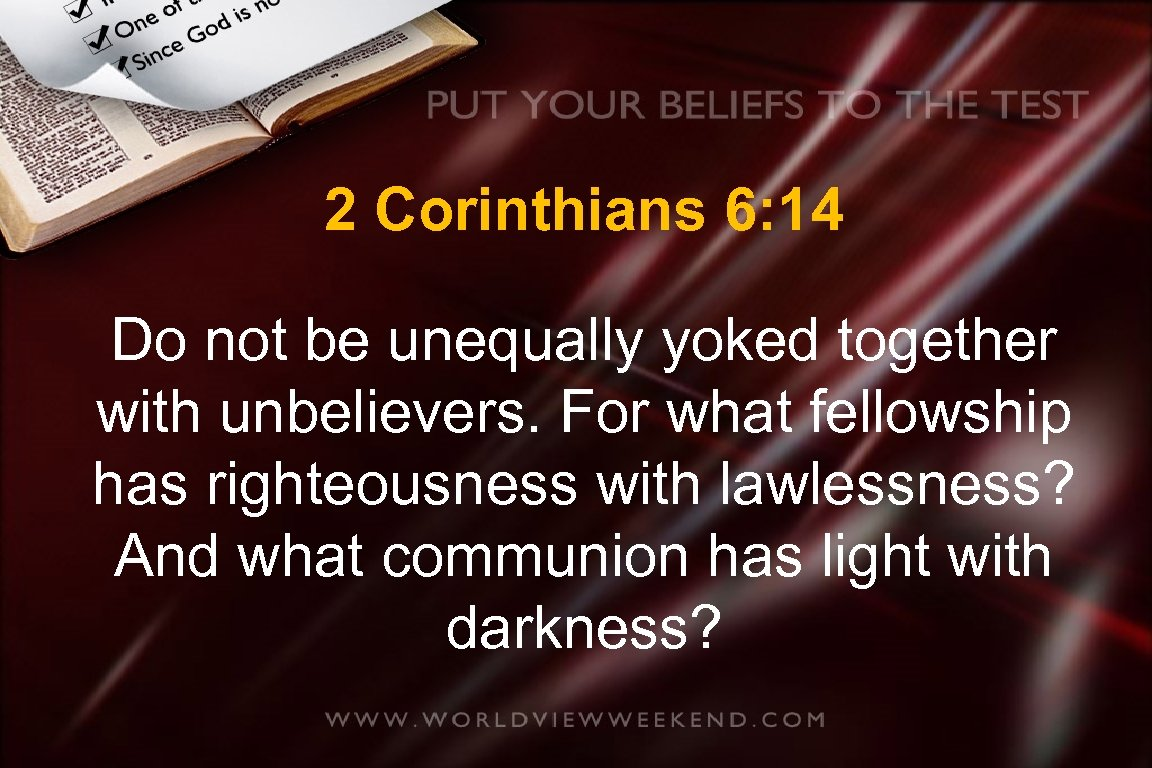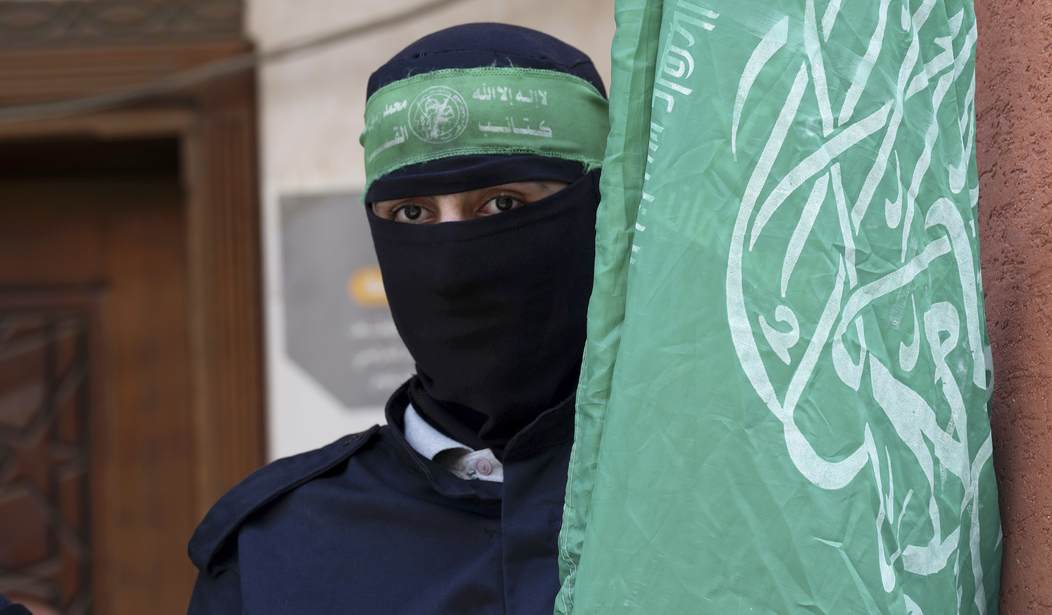In Israel, long-time Washington Post foreign correspondent David Ignatius reports on the outlines of a deal.
“The general outline of the deal is understood,” the Israeli official explained in an interview Monday, requesting anonymity to discuss the sensitive subject. The tentative agreement calls for Israeli women and children to be released in groups, simultaneously with Palestinian women and young people held in Israeli prisons.
Ignatius reports that Mossad is very much involved in this part of the process, verifying the identities of Israeli citizens that Hamas is considering releasing and making sure that Palestinians being released are not connected to Hamas. In exchange for the approximately 70 Israeli women and children, about 120 Palestinian women and children will be released by Israel.
As CNN previously reported, in the deal currently being discussed, hostages would exit Gaza in stages on a rolling basis – with priority placed on extra vulnerable groups like children and women. The process is expected to take multiple days.
Only a handful of hostages – including two American citizens – have been released so far since the start of the war. After their exit, Biden revealed that Israel had agreed to a brief pause to secure their release.
One of the complications in the ongoing talks has been verifying the list of names of both hostages and Palestinian prisoners that Hamas and Israel would respectively release as part of the deal, two officials told CNN. Israel wants to make sure none of the prisoners released are connected to Hamas and has been scrutinizing names proposed as part of the process.
Related: Biden's Pledge to 'Stand With Israel' Fraying Around the Edges
Sources for these stories stress that this is not a done deal and that it could blow up at any time at any point.
One of the sticking points is that Hamas itself does not hold all the hostages. Affiliated groups like Palestinian Islamic Jihad hold an unknown number.
The Israeli official said his government is committed to freeing all the hostages, including roughly 90 male civilians and a smaller group of soldiers, whom Hamas probably sees as the most valuable. “We want as many as possible, as quickly as possible, and no one stays behind,” the official stressed.
Hamas has told the Qataris that its operatives seized only Israeli soldiers, but the Israeli official said this claim is false. Hamas holds the “vast majority” of the hostages, including a small number of dead bodies that were taken into Gaza by the terrorists, the Israeli said. Some hostages are kept by other groups, in disparate locations, but Hamas has the power to negotiate for nearly all of them, he argued. One smaller group called Palestinian Islamic Jihad holds about 35 captives, and a militia known as the “shabiha” and other smaller groups hold a few dozen more, the high-ranking Israeli said.
The unnecessary complexity of the negotiations has a purpose; Hamas wants to be able to interpret whatever deal emerges as the most advantageous to them. Then again, this could all be a psychological ploy by Hamas to play with the emotions of the Israeli people to force them to put even more pressure on the government to end the attempt to annihilate Hamas.

